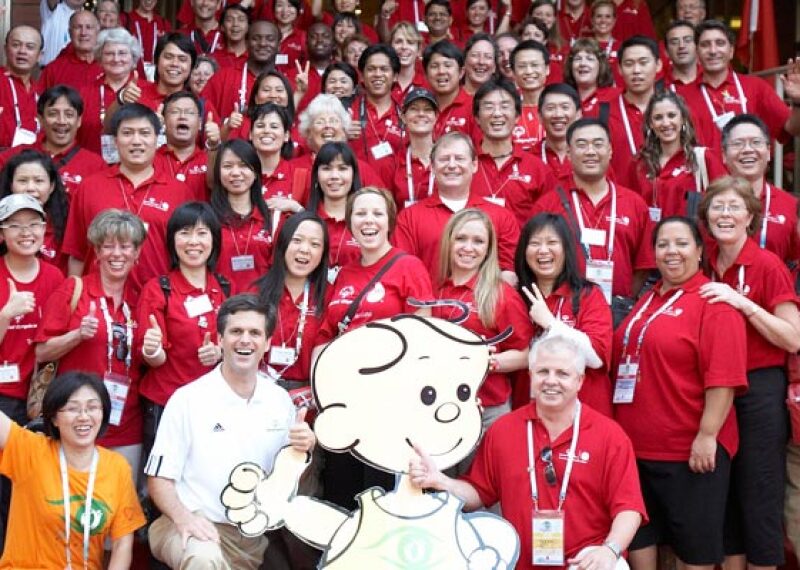Working with Special Olympics is very personal for me. My daughter, Natalie, has a rare condition called Aicardi. It makes her special. When I was asked if I was interested to volunteer as a photographer to cover the athletes from the Asia Pacific Region at the 2019 Special Olympics World Games in Abu Dhabi, the answer was a resounding yes.
At the Opening Ceremony of the Games, I had to hold back tears. I watched the athletes enjoying their time on the world stage, and I couldn’t help but wonder whether my daughter’s turn to be able to experience the joy of sports would ever come.
I was there to contribute, but it turns out that I came home with very valuable lessons from a group of very special, no, extraordinary people. In my line of work as a communications specialist, trying to change mindsets is something I do a lot. And I couldn’t have asked for a better teacher during this trip. In fact, I had many teachers—more than 7,500 athletes from over 190 nations.
Building an identity
We often underestimate just how much our identities are defined by how others view us. We brush them off as labels, but they matter. And they matter even more when we are trying to change mindsets.
The first thing that I noticed when I arrived at the Abu Dhabi International Airport was the lack of signs for the “handicapped” or “disabled.” It wasn’t because they didn’t care, but they cared enough to change how it was labeled. Instead of “handicapped” or “disabled,” they were “people of determination.” I was floored. It was a simple but powerful change.
More should follow the example of the 2019 Special Olympics World Games. The campaign tagline read “Meet the Determined.” Three powerful words that ring true. The competing athletes are determined to prove to the world that they belong. That they are capable.
Telling the stories
Storytelling is a very powerful tool. The World Games provided a platform for athletes and the community around them to share their stories.
I remember the story about an Afghan athlete who suffered abuse in school because teachers weren’t equipped to teach children with special needs. I remember an athlete from the Philippines who keeps a folder of superheroes to inspire himself. I remember a coach in Brunei who helped care for an athlete like his own child. And I will not forget the athlete from Pakistan who used to have an imaginary friend just so she can have a friend.
It wasn’t about winning medals. It was about sharing how they got to where they are today, where they were before, and why it is crucial for us to change. Stories stick with us. Statistics, key messages and buzzwords don’t.
Build a community
It takes a village to change attitudes. You can’t go at it alone. One of the things that I really loved at the World Games was the Unified events. These were events that had a mix of athletes—those with and without intellectual disabilities. I saw the importance of building a community and a team to create understanding and acceptance.
It is similar when implementing change. Find the people who will be able to support you but also those who will challenge you. There is nothing more dangerous than living in a bubble where you think everything is fine when it is not.
I went to Abu Dhabi looking to contribute what little skills I have in photography. I came back enriched, inspired, and in awe of the athletes. People with and without disabilities share the same joy, frustration, and disappointment. We are all human beings with different abilities. There are many things that people with intellectual disabilities may have to try harder to do, but there are also many things they do better than those without disabilities. They are better at including rather than excluding. They embrace rather than blame. They bring out the best in people and not the worst.
Sports give these athletes a platform to change minds and hearts. In return, they make sports better.
Original article published on Human R.A.C.E.










